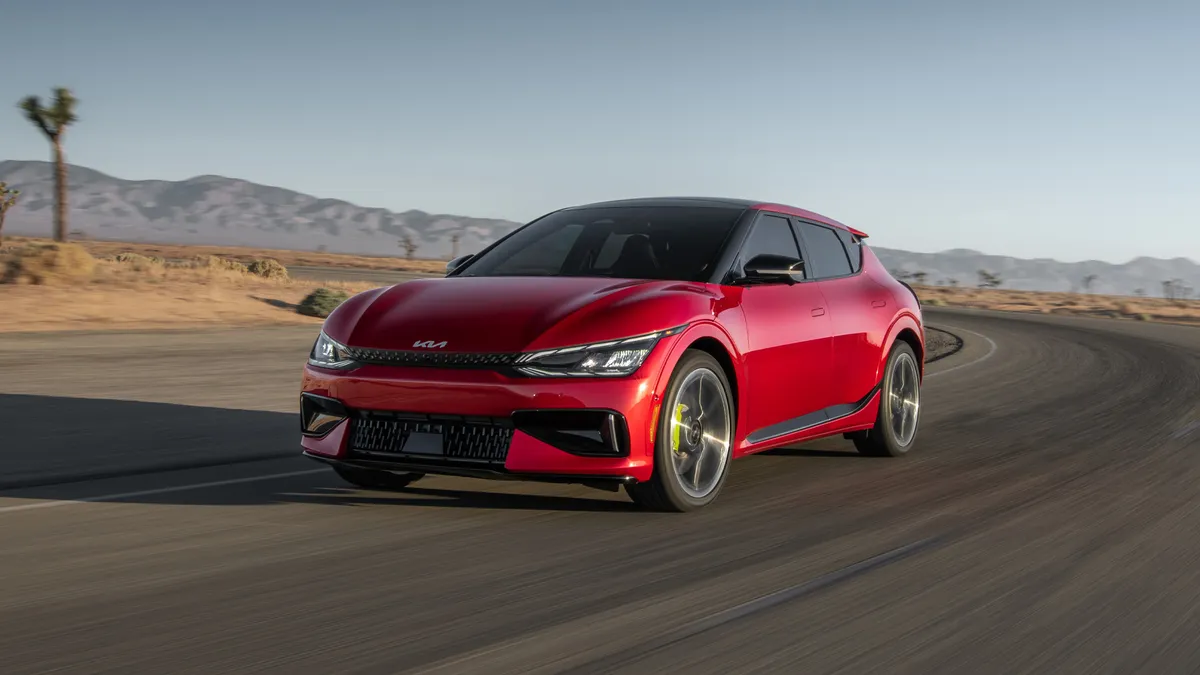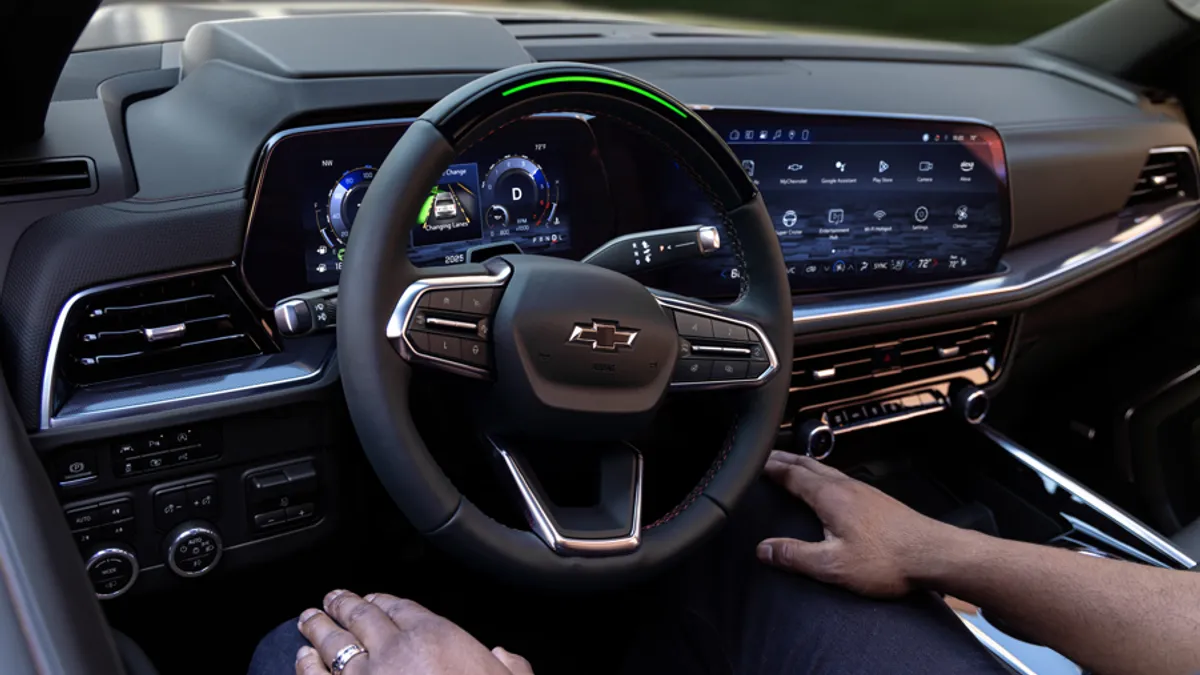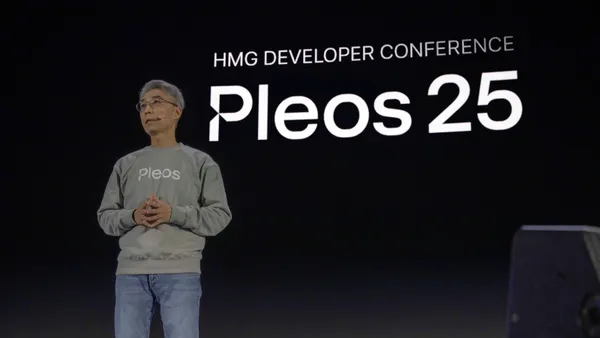Dive Brief:
- New vehicle owner satisfaction declined two years in a row for the first time since J.D. Power started the survey 28 years ago, according to the latest U.S. Automotive Performance, Execution and Layout Study Thursday.
- Overall satisfaction decreased among both mass market and premium brands, declining by 1 and 4 points, respectively. The gap in satisfaction between segments increased to 34 points.
- As newer vehicles come packed with more technology, many owners reported complaints with vehicle infotainment systems.
Dive Insight:
J.D. Power’s APEAL study surveyed new vehicle owners on 37 attributes, ranging from vehicle comfort to performance characteristics and safety, creating an overall APEAL index score. Overall satisfaction rating across the industry was 845 based on a 1,000-point scale.
“The decline in consecutive years might look small, but it’s an indicator that larger issues may lie under the surface,” said Frank Hanley, senior director of auto benchmarking at J.D. Power. “Despite the technology and design innovations that manufacturers put into new vehicles, owners are lukewarm about them.”
The 2023 U.S. APEAL Study is based on responses from 84,555 owners of new 2023 model-year vehicles that were surveyed after 90 days of ownership.
The study is based on 10 factors, nine of which have declined year over year, according to J.D. Power. The only factor to improve is fuel economy with a score of 771, which is 15 points higher than in 2022.
Dodge was ranked the highest among mass-market brands with a score of 887, while Jaguar ranked the best among premium brands with the same score.
For individual models, Hyundai Motor Group, including the Hyundai and Kia brands, set a record high with nine models ranking highest in their respective segments. Ranked second was BMW with five, followed by Toyota with three.
The survey found that many new vehicle owners are dissatisfied with their vehicle’s infotainment systems. J.D. Power reported that just 56% of owners prefer to use their vehicle’s built-in system to play audio, down from 70% in 2020.
New vehicle owners also cited issues with making phone calls, navigation and voice recognition. The report found that only 37% of owners used their vehicle’s voice recognition features, while 43% used their vehicle’s built-in navigation for directions.
Android Automotive Operating System-compatible models with built-in Google apps, such as Maps, scored higher in the infotainment category than those vehicles without it, according to J.D. Power.
Battery electric vehicles scored higher than gas-powered vehicles in fuel economy for the second consecutive year, scoring 797 versus 758 for owners of internal combustion engine models.
Satisfaction with Tesla vehicles declined slightly from 887 to 878, although these models are some of the best performing in the industry, according to J.D. Power. However, Tesla does not allow J.D. Power access to owner information in all states and therefore the automaker is ineligible for the awards.
The factor with the largest year-over-year decline is exterior styling of new vehicles. It decreased from 894 to 888. J.D. Power notes that the styling of 2023 models is only 3 points above carryover models.












